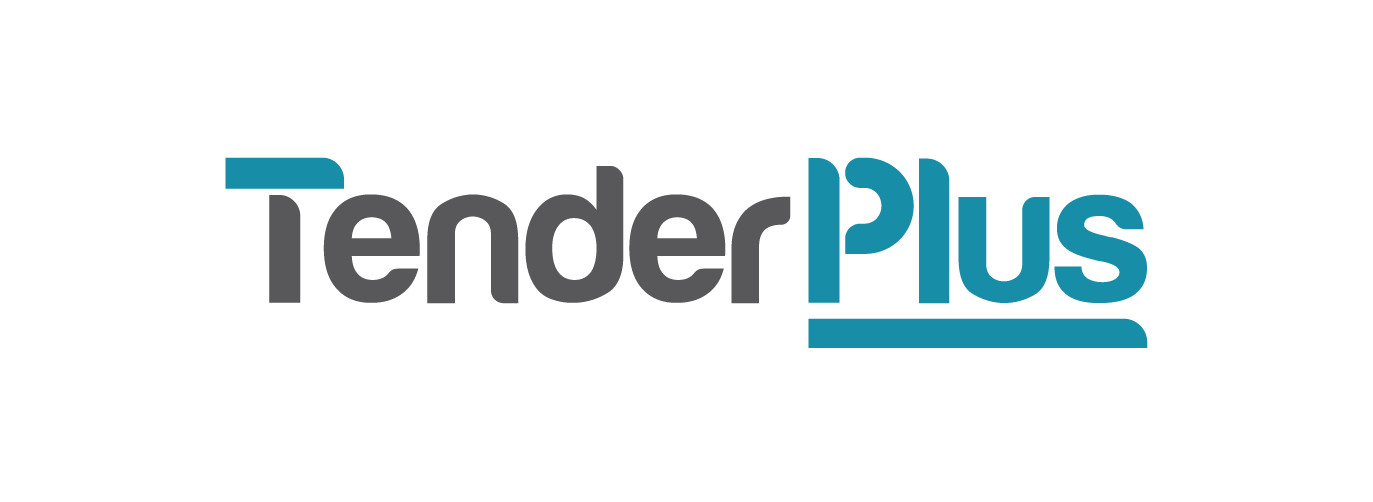The difference between just writing and writing persuasively
By Chelsea Steele, Senior Tender Specialist, Brisbane.
In this blog post, we’ll explore the differences between ‘just writing’ and writing persuasively. Let’s begin with the four main types of writing: expository, descriptive, narrative and persuasive. Each type has its own style, purpose, voice and approach to its readers.
When you’re ‘just writing’, you’re usually writing in an expository, descriptive or narrative style. You’re conveying information and ideas; your primary purpose is to inform and entertain the reader or express yourself. Your focus is on clarity and coherence. Examples of these four styles are vast - scholarly essays, news articles, recipes, poetry, journal writing, novels, technical and scientific writing – any writing that’s not designed to persuade.
When you’re persuasive writing, you’re harnessing the power of language to influence and sway. Your primary objective lies in influencing the reader's thoughts, emotions, and decisions. That’s why it’s the number one discourse used in business and marketing contexts, such as advertising campaigns, editorials, reviews, speeches and sales documents. Persuasive writing is therefore an indispensable tool for effective communication in business development and tender proposals.
If we delve a little deeper into how persuasive writing works, there are three key strategies used when attempting to sway a reader. These strategies can be traced back to the ancient Greek philosopher Aristotle, and still sit at the core of modern persuasive discourse today. In his treatise Rhetoric (367-322 BCE), Aristotle put forth the premise there are three essential modes of persuasion: ethos (ethical reasoning), logos (logical reasoning) and pathos (passionate reasoning). To structure and balance out the most effective form of persuasive writing, the art lies in combining all three modes in your prose.
So how do the ancient concepts of persuasive writing relate to tendering today? And how can we apply these techniques to craft solid, clear, and influential tenders?
Ethos (ethical reasoning)
Ethos in Greek translates to “character” or “moral character” and in persuasive writing ethos refers to how the writer establishes their credibility. Authorities on an issue are more likely to convince the reader, so writers need to swiftly establish their position as a subject matter expert through demonstrating their knowledge and experience.
In relation to tendering, ethos can be validated through expressing the capabilities, achievements and skills of your business. Defining your relevant experience and past performance will build authority and trust with the reader. If you are considered an expert in your field, your offer becomes more conceivable.
Logos (logical reasoning)
Logos is the Greek meaning of “logic” and refers to using logical arguments and evidential data to support your reasoning. This follows the concept that persuasive writers back up their proposition with statistics and facts to further support their claims and strengthen their point of view.
Within business proposals, logos is quantifying the benefits to your customer. Adding metrics puts your value proposition in a solid position as they provide a measurement of the tangible benefits of your offer.
Logos can also be translated to giving order, form and meaning. In persuasive writing, logos refers to building a clear and step-by-step methodical argument. That includes developing and organising your literature in a logical way that makes sense to the reader.
As with tender proposals, a well-structured and consistent business document is a key principle. An organised narrative flow that is presented as the customer requested will be clearer to understand and easier to evaluate. Following the bid request layout will conform to the evaluators’ sense of what is important to them, and the information they seek will be readily accessible.
Pathos (passionate reasoning)
Pathos is a quality that evokes emotions and in Greek means “suffering” or “experience”. Emotional appeal is a fundamental and important component in most pieces of writing as its designed to inspire feeling in its readers. In persuasive writing, pathos is a tactical means of swaying the reader’s opinion through using emotionally loaded and meaningful language, examples and stories.
The pathos element supports the inclusion of success stories or case studies in tender writing. These anecdotes offer real-world examples of how your proposal is already implemented, with success. Often peppered with adjective and adverb descriptive language, this wording helps to paint a vivid picture in the reader’s mind and entices further emotional engagement. When authenticity and human interest is woven into these anecdotes, its content becomes more relatable, and the writer’s offer more plausible, and persuasive.
